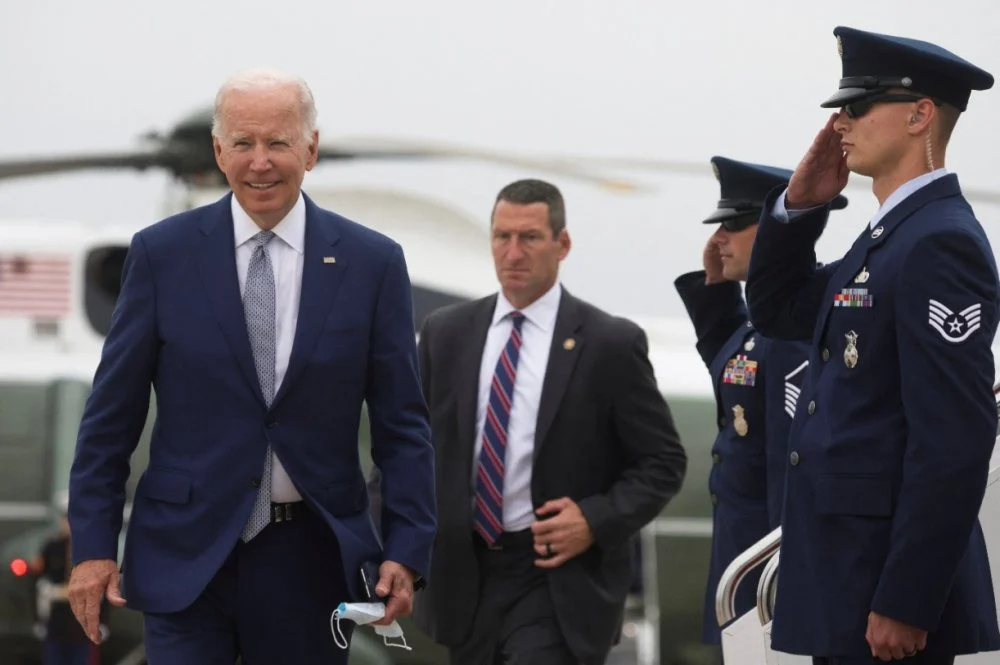Next week, President Biden will visit Israel and Saudi Arabia on his first trip as president to the Middle East. His trip comes after multiple worldwide tours to reaffirm alliances and partnerships, including a U.S.-ASEAN Summit, tours of Korea and Japan, a Quad leaders summit, and last week’s annual NATO summit. In contrast to those tours, however, Biden’s upcoming trip comes at a low point in U.S. relations with various Middle Eastern states which have been weakened—rather than strengthened like in previous cases—by China’s rise and Russia’s invasion of Ukraine.
Amid bilateral tensions and differences in assessing the “China threat” in the Middle East, Biden has his work cut out for him in reaffirming regional partnerships and charting the future of U.S. policy in the region. First and foremost Biden must combat the pervasive, post-Afghanistan narrative that has challenged perceptions of U.S. regional leadership: that the United States is abandoning the region in favor of competing with China and, to a lesser extent, Russia. How well Biden can reassure traditionally strong Middle Eastern partners—potentially by linking the region to the newfound strategic hotbeds of the Indo-Pacific and Eastern Europe—will illuminate Washington’s capacity to multitask in different regions that implicate U.S. national interests. Nevertheless, it remains clear that the Middle East is Washington’s to lose.
The Middle East Within Shifting a Geopolitical Order
At a critical time of U.S. alliance-strengthening, the Middle East has largely been left to hedge against shifts in U.S. policy. Last year’s withdrawal from Afghanistan and U.S. political messaging on shifting to focus on East Asia have traditional allies in the Middle East, such as Israel, Saudi Arabia, and the United Arab Emirates (UAE), reassessing their role within a shifting geopolitical order. Israel, Saudi Arabia, and the UAE have found themselves caught between U.S.-China competition. Despite the United States’ long history of security and economic cooperation with Israel and Saudi Arabia and Washington’s role in promoting greater cooperation between Israel and its Arab neighbors through the 2020 Abraham Accords, the three countries’ acquiescence to Washington’s approach to China cannot be taken for granted
This article was originally published in The National Interest.




